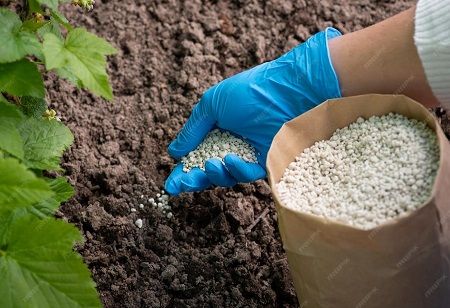
Indian fertiliser firms to set up urea plant in Russia
- RCF, NFL, IPL to build first overseas urea plant in Russia (>2M tonnes/year).
- NDA signed; announcement during Putin's December 2025 India visit.
- Leverages Russia's gas/ammonia; reduces India's import volatility.
Major Indian fertilizer companies Rashtriya Chemicals and Fertilisers (RCF), National Fertilisers Ltd (NFL), and Indian Potash Ltd (IPL) plan to establish their first overseas urea plant in Russia, capitalizing on the country's plentiful natural gas and ammonia resources to ensure stable supplies and avoid supply disruptions due to global price fluctuation.
State-run RCF and NFL, and government-supported private IPL, have signed a non-disclosure agreement (NDA) with Russian partners to commence the project of India’s first foreign fertilizer manufacturing initiative. The joint venture of the two companies, which will be able to produce more than 2 million tonnes of urea annually, is expected to help India reduce its dependence on imports that make up 30-40% of its 35 million tonne annual urea consumption.
The talks revolve around very important issues like land allotment, feedstock pricing, and transportation, and the interlocutors confirm the "sincerity and alignment" of both parties. The signing will be held during Russian President Vladimir Putin's visit to India in December 2025 and may be part of the India-Russia strategic partnership framework.
Also Read: India, Russia in Talks for Five More S-400 Defence Systems
Considering that Russia has a reserve of 38 trillion cubic meters of natural gas and is a major ammonia exporter, it is a perfect partner for India, whose domestic production is currently facing high input costs. Besides the reduction of import costs by 20-25%, the project will also be a great solution to supply security issues resulting from the geopolitical tensions. The companies chose not to comment on this.
If this initiative is successful, it will be another step toward India's shift to local production of fertilizers, in which urea subsidies amounting to Rs 2.5 lakh crore annually will be gradually phased out, and it will be a stimulus for bilateral trade, the value of which reached $65 billion in 2024-25 and is mostly composed of energy and agriculture cooperation.




.jpg)
.jpg)

